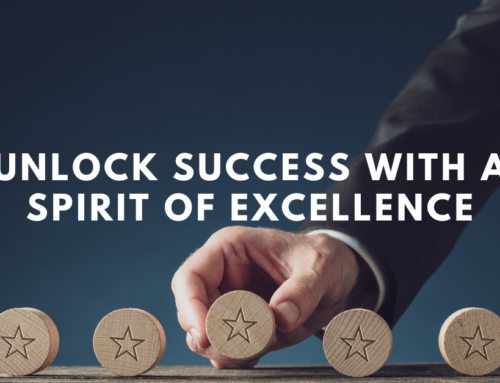I’m sure we’ve all had one great mentor in our lifetime. Whether it’s a teacher, parent, coach, or supervisor, mentors are blessings that have shaped us to be the people we are today.
That said, as you get older, you might find that you’re being thrust more and more into positions where you’re the mentor, instead of the other way around. This can be a pretty daunting task, especially if you’re so used to being the one receiving guidance and advice.
However, the fear of being a mentor is nothing compared to the fulfilment of being one. Making a positive difference in another person’s life is always something you should strive for, and here are a few ways to be a good mentor if you’ve never been one.
1. Have Your Mentee’s Interests at Heart
When you look back on your favourite mentors, I think it’s safe to assume that one similarity they all shared was that they seemed to take a genuine interest in you as a person. This is precisely how a mentor should approach their responsibility. Being a mentor means caring about what your mentees are going through and understanding the context that drives them to do certain things.
Being a mentor means knowing your mentee inside out. It isn’t just about knowing their career plans or what they want out of life, but it’s also about knowing what makes them special. Developing this deeper connection with a mentee will also get them to listen and appreciate your advice even more. When you give respect and love, you get those same things in return.
That said, not everyone you mentor will be the same, and you’re going to need to be interested in different kinds of people. Which brings me to the next point.
2. Understand That Mentorship Varies

Mentorship varies from person to person. It’s not a one-size-fits-all thing where any advice you give will work for all kinds of people. For example, some people are more confrontational than others, and would rather hear delayed advice.
Also, different people have different careers and goals. You wouldn’t advise a single mother with three kids the same way you would advise a young bachelor trying to start their career. The needs of different people just aren’t the same. As the saying goes, “You can’t fix people. You can only love them.”
As a mentor, your job is to help people become the best kind of person they can be. Even if they trust you with the responsibility of giving them advice, they can’t grow if they’re stuck trying to fit into a mould you set for them. Instead, appreciate every mentee for who they are, and fit your advice to who they can be.
Every person needs different growth and different levels of patience. The next point is one way to make sure that you’re getting the most out of your mentees’ growth.
3. Solve Long-term Problems
One big problem with advice is that people tend to look at it in the short term. Getting advice is always about solving the present problems, and the ones that stare us in the face. While often, there are many problems that do require quick fixes, the most recurring problems that people have, which lead them to seek mentorship, are deeper things that they need to resolve.
As a mentor, the best way to help someone isn’t to fix their problems. Rather, we need to make sure that they don’t repeat the same problems. This typically comes with understanding the deeper issues that lead people to make the mistakes they make. This might not always be your job (especially if you’re not a psychologist!) but it helps you to understand where people are coming from and subsequently, offer them more meaningful advice that will serve them far into the future.
To your success,
Mario
[Visit www.mariosingh.com now to enjoy a FREE e-book of my latest “37 Essential Principles for Massive Success” when you subscribe!]





